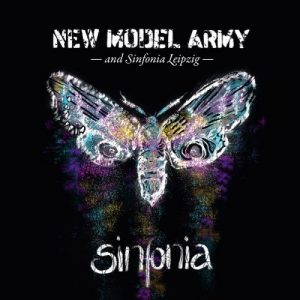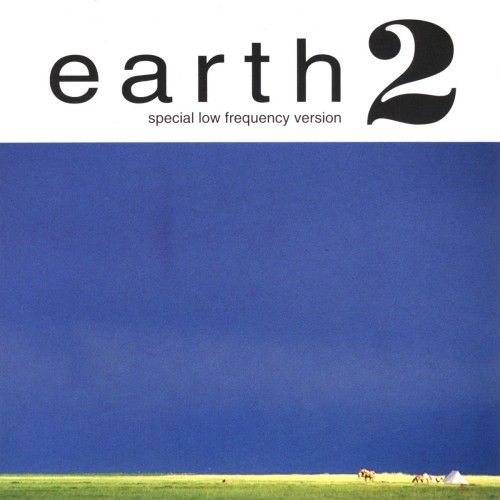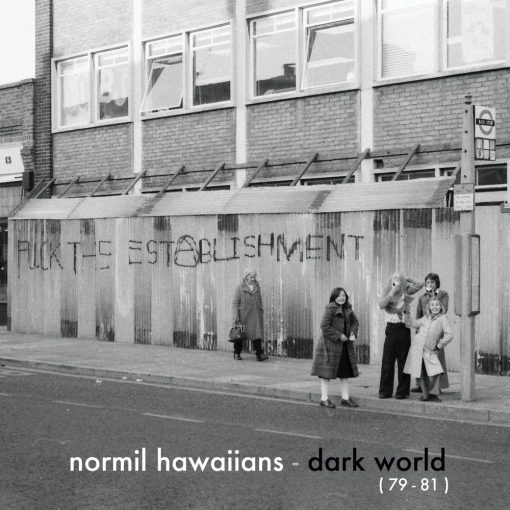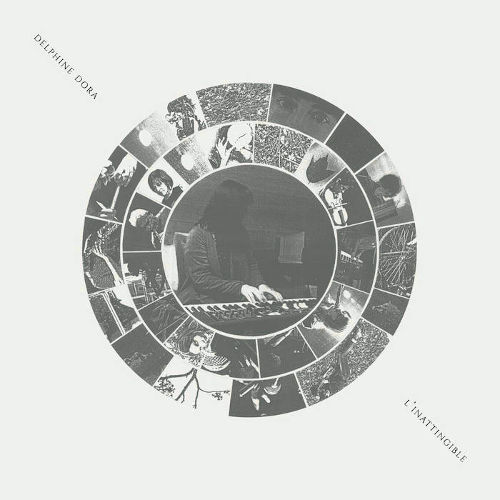 Rock bands performing with an orchestra have always been a bit of a red flag for me. At best they can seem like an affectation or a misguided plea for credibility, at worst an illustration that the band’s run out of ideas and are trying to squeeze the lemon for one last drop.
Rock bands performing with an orchestra have always been a bit of a red flag for me. At best they can seem like an affectation or a misguided plea for credibility, at worst an illustration that the band’s run out of ideas and are trying to squeeze the lemon for one last drop.
So while I felt a little trepidation in the news that they would be performing with Sinfonia Leipzig, in New Model Army‘s case I was prepared to make an exception — firstly, the sheer quality of their recent material doesn’t suggest that this is a band in any real danger of running out of ideas any time soon, and secondly they’ve never really given that much of a shit about having to validate what they do do anyone.
And, as an added reason that’s entirely on me, I also didn’t think Night Of A Thousand Voices, a gig set up for the primary purpose of having the crowd sing main vocals, was a particularly great idea either. Except when it actually happened, and I went, and it turned out to be pretty fucking glorious.Some say the true strength of a song can be assessed by how well it can transfer to another format, and given that Justin Sullivan‘s one of the best songwriters we have, if any bad was gonna pull it off without it being cringe (as the young people say), it would be New Model Army.
And it turns out I was right on that last point at least.
The tension isn’t quite there, but the release is massively enhanced by all the extra harmonies and sheer breadth of sound that an orchestra can provide, and you get to thinking that, yeah, on some level that’s exactly what Richard Wagner was up to (apart from the last movement of Act 1 of Die Walküre, which actually IS interminable and I’m tired of pretending it isn’t). And it’s a minor niggle on the longeuses really, because that’s, well, that’s where the strength of the song carries the whole thing. Impossible for anything to get boring when you’ve got Sullivan bringing the goods over the top of the whole thing, and by the final crescendo it’s absolutely magnificent.
Next it’s “Innocence”, which was the first track they released. And which I thought was an odd choice until I heard it. I honestly couldn’t see how it would work AT ALL. Guess what, turns out between them one of the world’s finest rock bands and an actual orchestra know more about how to make good music than I do! Fancy that. Indeed, it’s one of the best tracks on here, with the stop-start percussive verse well-suited to brass and kettle drums (not sure on that second one, but drums of some kind anyway, in addition to Michael Dean‘s traditional rock set-up) giving way to an epic chorus allowing the whole damn orchestra to shine.
Not gonna go through this song by song, partly because that would take ages, and partly because that kind of dissection’s a surefire way to ruin an album and I plan to get many years of enjoyment out of this one; but I’ll keep up chronologically for one more song, because “Winter”‘s another banger, with the urgency of the verse transformed into something intimate yet epic, like Neil Young‘s “A Man Needs A Maid” (similarly recorded with the London Symphony Orchestra, who transformed what would have been a minor entry in his oeuvre into a classic).
Of course the songs where you’d imagine it would work, which already had strings or synths that could be more easily transposed for orchestra, are all great. “Orange Tree Roads”, for example, sounds just like you’d expect — the same wonderful song, just a lot BIGGER. And that’s no bad thing. But the really interesting parts are where they take something you really wouldn’t have imagined if you were drawing up a list of “NMA Songs That Would Be Good With An Orchestra”.Case in point – “1984”, the wiry Miner’s Strike drama characterised by Stuart Morrow‘s original bassline. Because a Morrow bassline is, like (to pick a vastly different example) a Bootsy Collins bassline — yeah, you COULD play it on another instrument, but it’s such a perfect use of the bas guitar that why would you? So they turn it into a multi-part string piece that loses nothing of the original’s nerviness, especially when the cellos kick in. And again, the rabble-rousing chorus gains an extra edge with the full force of an extra forty people playing their hearts out. For me it’s one of the real standout tracks.
As is “Shot 18”, a rarely-played number from nearly forty years ago, now all brass stabs and angrily-sawed violins. A great song, it always sat slightly uneasily on the album, and does so here, but it’s uncomfortable, and this just means it’s lost none of its power in the intervening years.Of course “Vagabonds” and “Green And Grey”, both of which originally benefited from Ed Alleyne-Johnson‘s violin, make an appearance. Again, these sound much as you’d expect, as long as what you were expecting was brilliance — they were certainly two of the first songs to come to mind when I first heard about the project, and they don’t disappoint.
And in a rare reversal, the Army close out a set with “What A Wonderful Way To Go”, a common opener at their more traditional shows, here preceded by an even more ominous intro before the band kick in, and for a wee while you think they’ve sacked off the orchestra entirely, until they’re back with a vengeance (for want of a better word) for the middle eight and chorus, when they really swell and bulk out what was already a rock-solid piece of music. So they all go out rocking.Their last few albums have seen NMA, always seen as one of the most traditional rock bands we have, taking some strange turns and conducting some unexpected experiments. And this is yet another wildly successful one. Wish I’d gone now!
-Justin Farrington-



